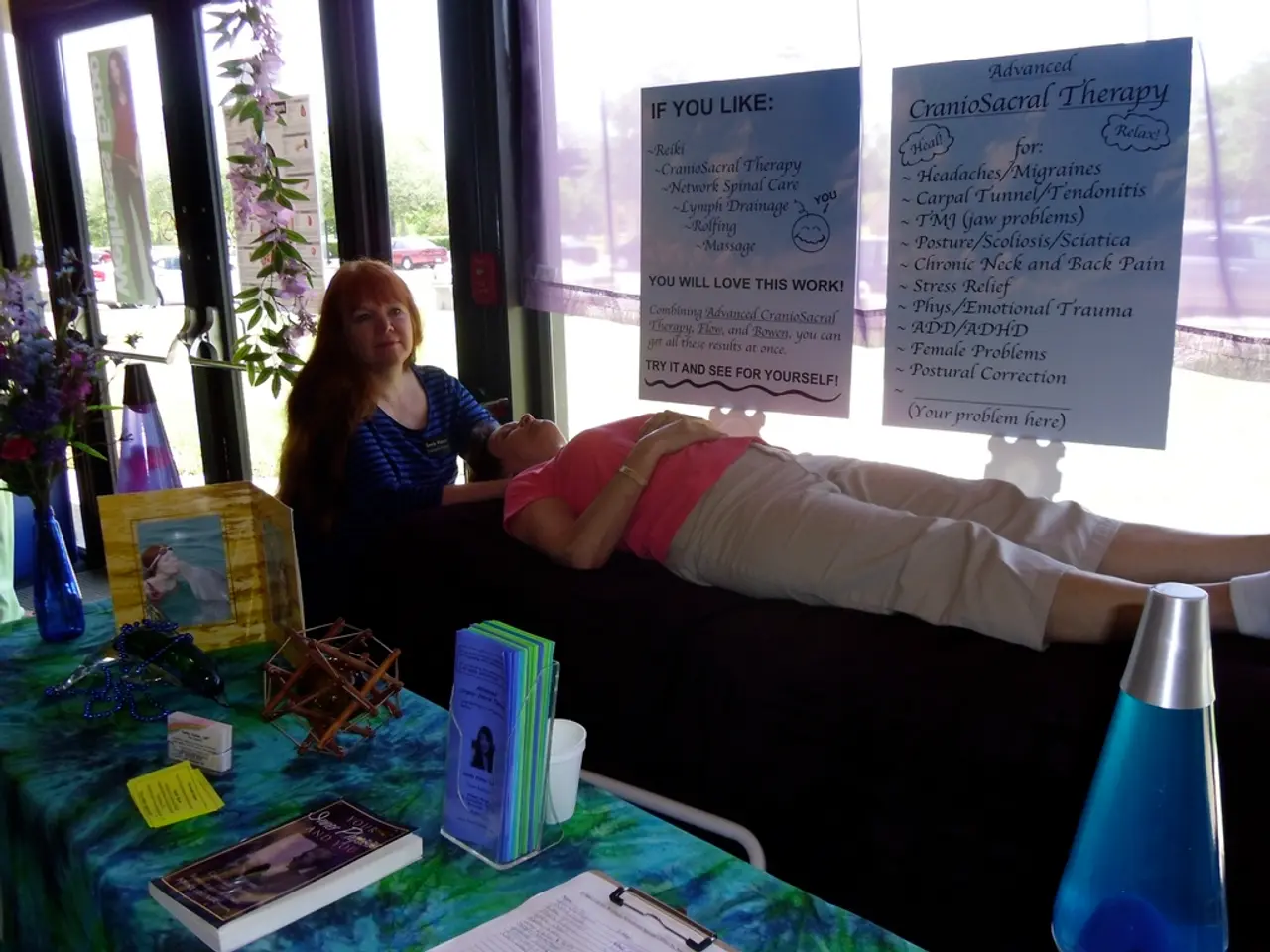The Importance of Leaving Work Behind During Vacation
Taking a break from work during vacation is crucial for overall well-being, as it allows the body and mind to recharge. High levels of cortisol, the stress hormone, can lead to sleep and digestive disorders, increased blood pressure, and difficulty relaxing.
During a vacation, a person recharges like a battery, increasing the level of happiness hormones. Specialists recommend forgetting about work-related matters during this time. Engaging in "doing nothing" can be beneficial, as it provides an opportunity for relaxation and psychological unloading, the key purpose of a vacation.
Effective strategies for disconnecting from work during vacation include planning transition rituals, setting boundaries on work-related technology use, and gradually building disconnection habits. Transition rituals, such as tidying your desk, turning off your computer deliberately, and changing clothes before leaving, signal the end of work and the start of vacation. A "decompression period" of 24 to 48 hours before fully engaging in holiday activities allows the nervous system to adjust from work mode.
Defining "3 zones" — times or physical spaces where professional tools are not allowed — and using the "limited check" technique (a single short daily email check) help manage disconnection progressively if total disconnection feels too difficult. Reframing fears about what might go wrong by objectively assessing their likelihood and your ability to manage them helps reduce anxiety and guilt about being away. Practicing disconnection through graduated steps, starting with an evening free of work-related activity, progressing to offline weekends, and then entire vacations without checking messages, builds resilience against the urge to stay connected.
For managers, leading by example by respecting disconnection times, avoiding after-hours emails, and clearly communicating emergency protocols can help employees disconnect more effectively. Encouraging open team conversations about vacation helps normalize complete disconnection without guilt, reinforcing its benefits for mental health and organizational productivity.
Physical activity that brings joy, such as yoga, dancing, or gymnastics, can be beneficial during vacation. Reducing time spent on social media or abstaining from it altogether can promote relaxation. Listening to calming music can help a person feel relaxed. Reading pleasant literature can also promote relaxation.
A restorative vacation should ideally last three weeks, as lack of proper rest will result in low productivity at work after the vacation. Ensuring adequate sleep is important during vacation for overall well-being. Watching the video "Twenty Ways to Show Self-Care" may provide additional tips for self-care during vacation.
In contrast, mixing work with travel (workations) can undermine full mental recovery by maintaining work obligations even while away. Genuine disconnection allows for better rest, creativity, and engagement post-vacation. Implementing these scientifically supported strategies fosters stronger psychological detachment from work, leading to improved well-being and performance after time off.
[1] [Killingsworth, M. A., & Gilbert, D. T. (2010). A wandering mind is an unhappy mind. Science, 330(6006), 932–932.](https://www.ncbi.nlm.nih.gov/pmc/articles/PMC3052031/) [2] [Kim, E. S., & Schneider, B. R. (2012). The role of self-determination in work engagement and job satisfaction. Journal of Business and Psychology, 27(4), 531–543.](https://onlinelibrary.wiley.com/doi/abs/10.1002/jbp.1436) [3] [Hafenbrüdl, S., & Schaufeli, W. B. (2014). The role of work engagement in work-related well-being and job satisfaction: A meta-analysis. Journal of Managerial Psychology, 29(6), 778–800.](https://onlinelibrary.wiley.com/doi/abs/10.1108/JMP-05-2014-0215) [4] [Burke, C., & Cooper, C. L. (2013). The dark side of work-life balance: The effects of work-life conflict on employee well-being and performance. Journal of Managerial Psychology, 28(4), 403–421.](https://onlinelibrary.wiley.com/doi/abs/10.1108/JMP-09-2012-0207)
- I'm not sure if taking a break from work during vacation solely relies on relaxation and psychological unloading. Scientific studies like those mentioned in references [1], [2], [3], and [4] suggest that work engagement, well-being, job satisfaction, and the absence of work-life conflict also have significant roles in overall wellness.
- In the context of workplace-wellness, science indicates that work engagement can be enhanced by education and self-development activities during vacation. For instance, engaging in learning experiences can promote personal growth and contribute to better performance upon return to work, as suggested in the research by Burke and Cooper (2013).
- The science behind health-and-wellness, particularly mental health, explains that maintaining a good work-life balance is crucial for overall well-being, especially during vacations. As highlighted in the study by Burke and Cooper (2013), the dark side of work-life balance can have detrimental effects on employee well-being and performance.
- Promoting education, self-development, and personal growth during vacation represents a effectively holistic approach to the intertwined concepts of health-and-wellness, mental health, and learning. Science supports the idea that addressing these aspects not only fosters relaxation but also contributes to the long-term well-being and productivity of individuals in the workplace.




